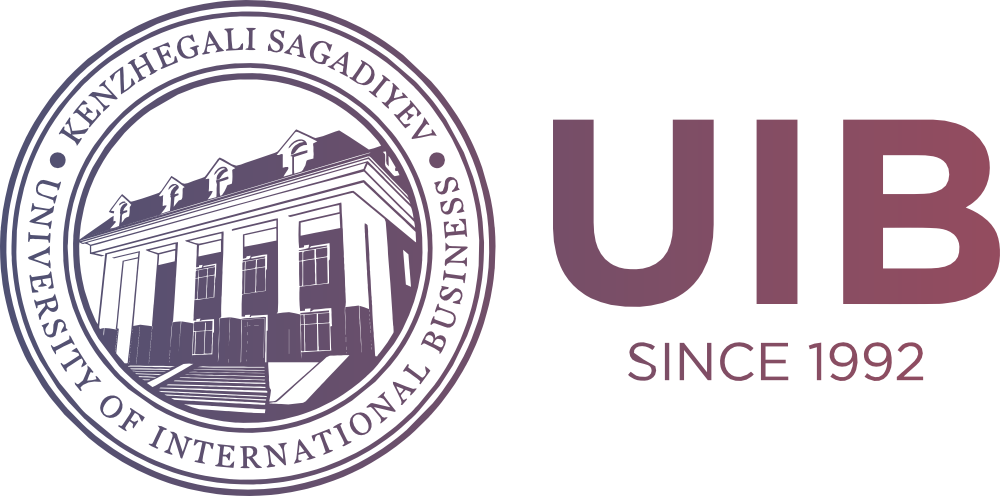The Role of Digital Technologies in Promoting Gender Equality in Kazakhstan
DOI:
https://doi.org/10.47703/ejebs.v68i3.409Keywords:
Digital Inequality, Gender Equality, Labour Market, Digital Economy, Sustainable Development, Gender Economics, KazakhstanAbstract
The dynamics of digital technologies affect the economy and society, opening up new opportunities and prospects for promoting gender equality in the workplace. The aim of this paper is to explore the role of digital technologies in promoting gender equality, assess their impact on various aspects of women's lives, and identify the main challenges and prospects associated with their use. The study employs a mixed-methods approach, including secondary data analysis, surveys, and case studies, to assess the impact of digitalization on women's employment and professional development. Special attention is paid to comparing the results of countries in international rankings, which allows us to identify the most successful practices and general trends. Despite the measures taken by Kazakhstan to ensure gender equality in areas such as digitalization and the successes achieved, it is still being revealed that there are many inequalities in the labor market of Kazakhstan. Surveys conducted among 174 respondents (59.7% women) revealed that 55.7% believe digital technologies can reduce gender discrimination in the labor market, and 56.3% recognize the contribution of digital labor to gender equality. Findings suggest that digital platforms enhance women's participation in the labor market, offering flexible work arrangements and professional growth opportunities. However, barriers such as limited access to digital education and persistent gender stereotypes still hinder women's full participation in the digital economy. The paper concludes with recommendations for policymakers to develop gender-focused digital strategies to ensure equitable access to digital resources and opportunities.
Downloads
How to Cite
Downloads
Published
Issue
Section
License

This work is licensed under a Creative Commons Attribution 4.0 International License.
Authors retain copyright and grant the journal right of first publication with the work simultaneously licensed under a Creative Commons Attribution (CC-BY) 4.0 License that allows others to share the work with an acknowledgment of the work’s authorship and initial publication in this journal.



